How Climate-Smart Farming Helped Break the Cycle of Poverty in Ha Seeiso, Lesotho
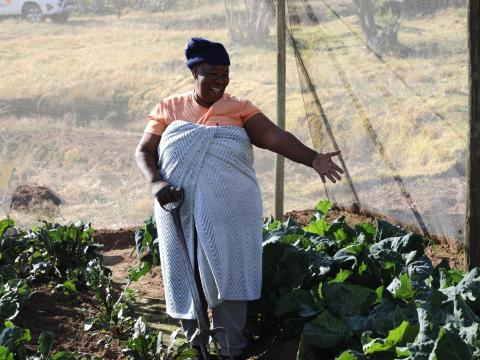
By: Lerato Brown, Communications and Marketing Manager, World Vision Lesotho
In Ha Seeiso, a remote village in the scorched lowlands of Matelile, Lesotho, the earth is dry and cracked, and water is a daily prayer. Life here has always been shaped by hardship. In this village where rain rarely falls and the land offers little; farming felt like an impossible dream.
“We were born into poverty. We saw it in our lives, in our children and we accepted that perhaps this was the life card we were dealt,” says 'Mammikia, a mother and lifelong resident of Ha Seeiso. But even in the face of hunger, 'Mammikia carried a seed of hope, a love for farming. Against all odds, she planted a small garden near her home. But drought scorched her crops, hailstorms battered her vegetables, wandering animals trampled her hard work.
“We were born into poverty. We saw it in our lives, in our children and we accepted that perhaps this was the life card we were dealt" - 'Mammikia
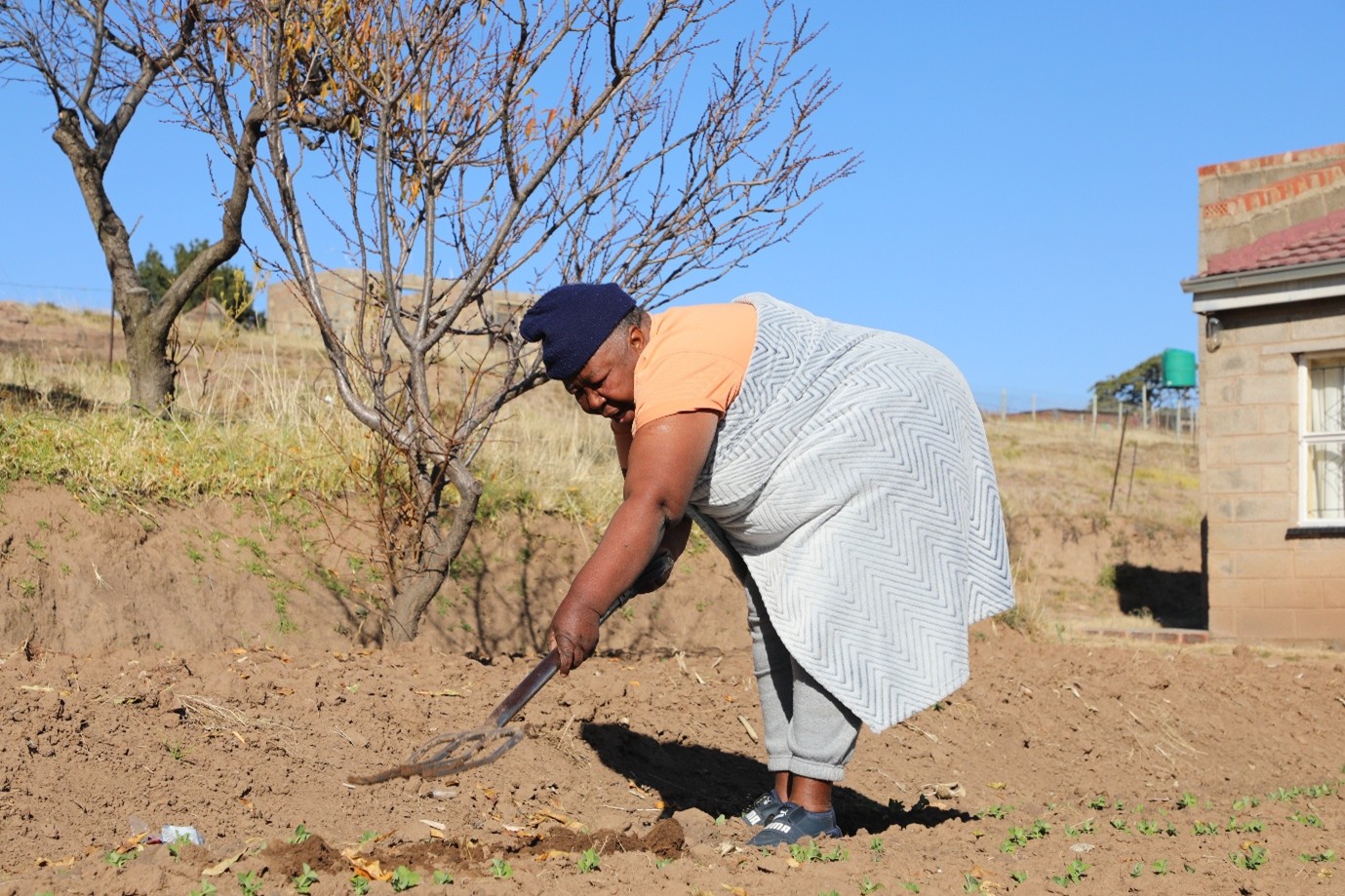
Still, she persisted. “My family survived from that garden, even when it barely produced anything. I sold what little we had to neighbours, because they also had nothing,” she shares. “But the struggle never ended. When crops failed, we had no food. I would borrow some food from neighbours, but it crushed me when I couldn’t pay them back.”
Borrowing money was never an option. “I feared debt, I feared that if I failed to repay, I’d lose everything.” The burden was heaviest on her children. Without school shoes or warm clothes, they missed school during winter. Recurrent illnesses from walking barefoot in the cold kept them home. “Their education suffered and sometimes, I had no choice but to stop them from going to school. I felt like I was failing as a mother.”
A Ray of Hope: World Vision’s Livelihoods Training
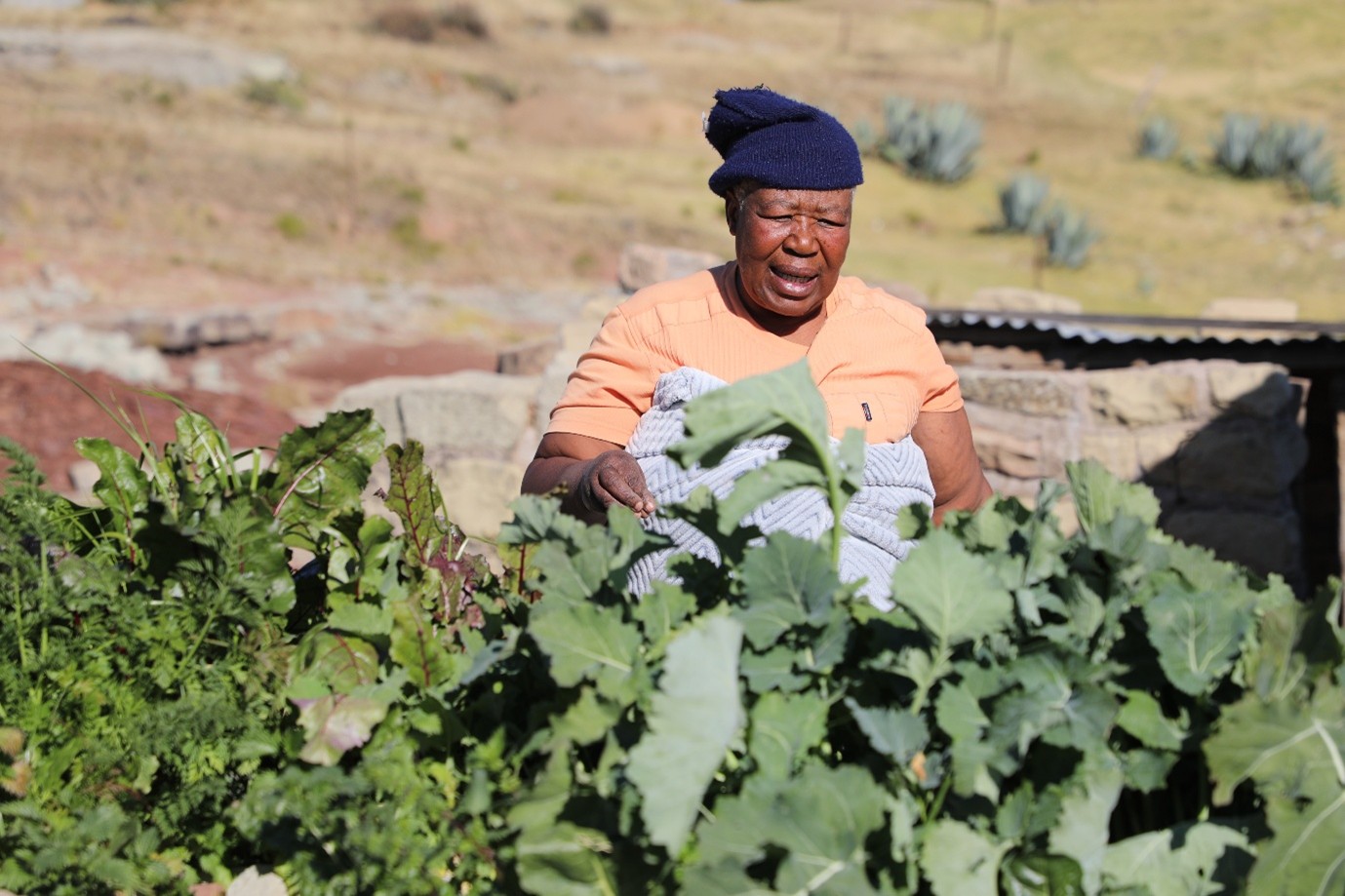
In 2023, World Vision through its Livelihoods and Resilience programme in Ha Seeiso set out to build resilience on this community. For families like 'Mammikia’s, it was a lifeline. She joined others in the community for training on climate-smart agriculture, tailored specifically for Lesotho’s harsh environment. “That training changed everything,” 'Mammikia recalls. “They taught us how to farm smarter, not harder. I began to believe that even this dry land could produce life.” After the training, World Vision provided shade net structures and starter seeds to the farmers. With renewed hope, 'Mammikia planted cabbage, spinach, and rape under her new shade net and this time, the crops flourished.
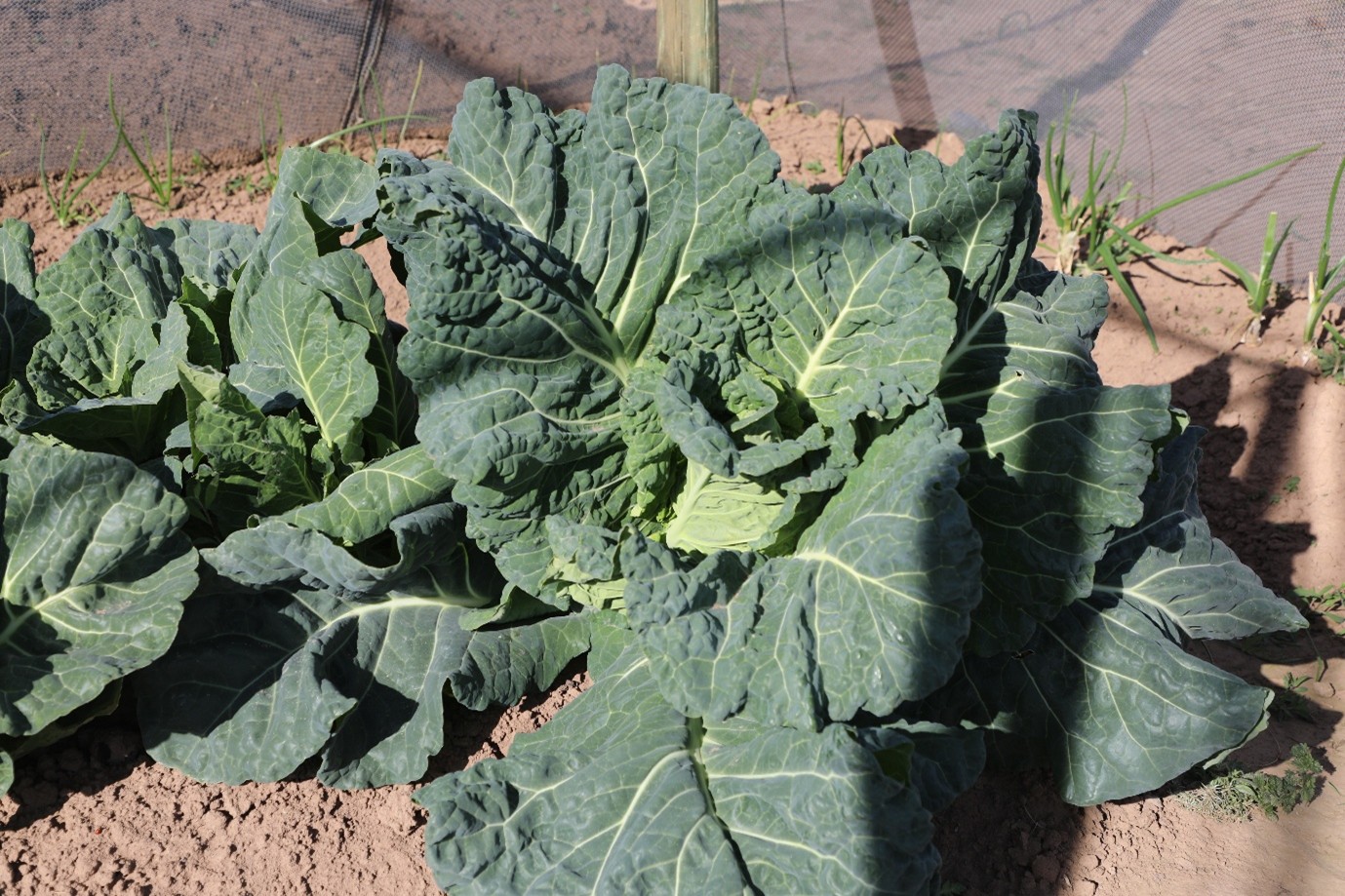
“No drought burned them, no hail destroyed them, no animal touched them; my produce flourished.” Her once-barren garden transformed into a lush oasis of green. Her family began eating full, nutritious meals. “We preserve some of the harvest so we can eat even in the dry season. For the first time in my life, we have enough and more.”
Building Economic Resilience: Savings for Transformation (S4T)
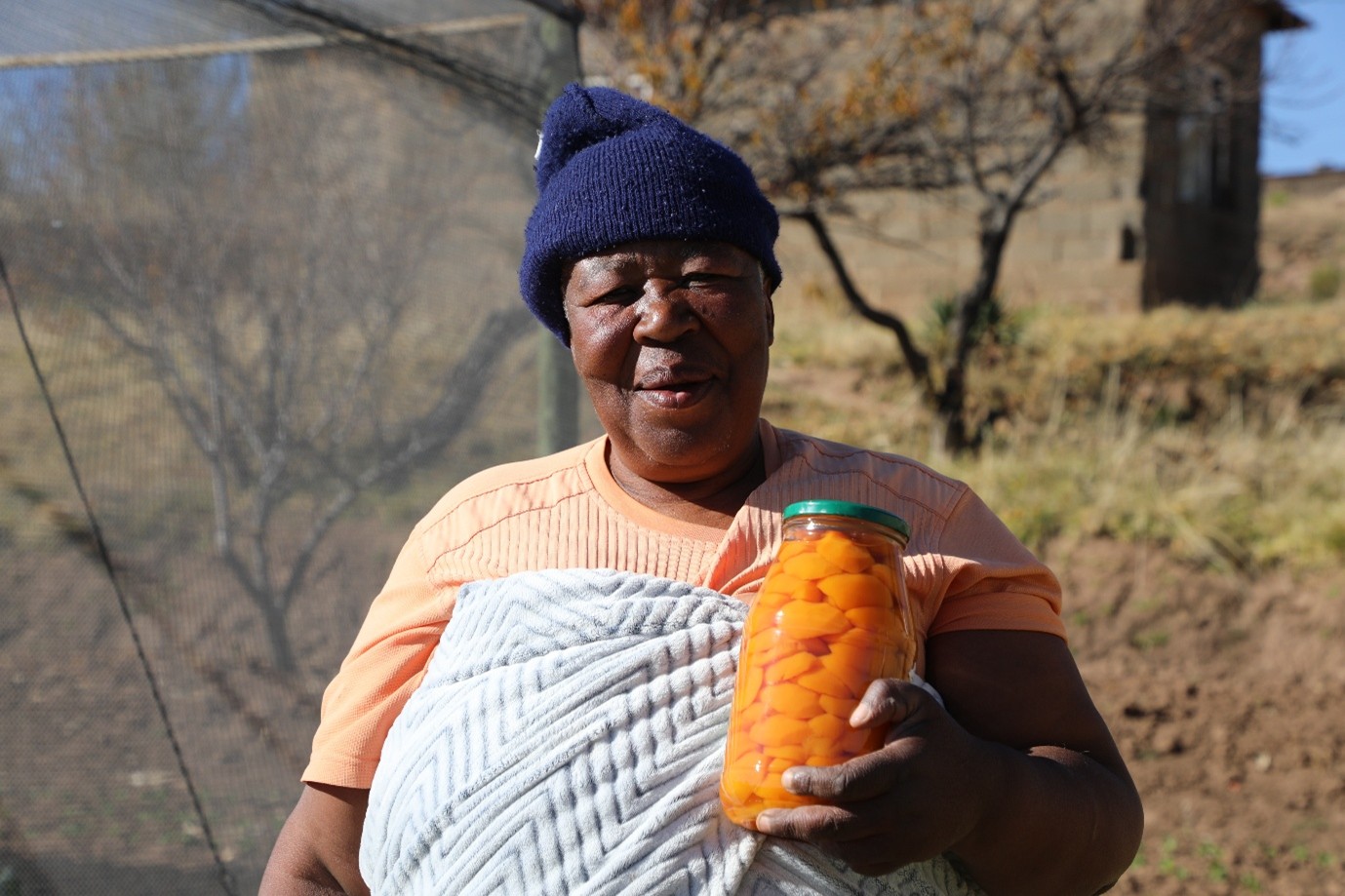
To ensure long-term resilience, World Vision also introduced Savings for Transformation (S4T) groups in the community; small, community-led savings and loan groups that allow members to save money, access loans, and build financial stability. “Joining the S4T group was the turning point of my life,” says 'Mammikia. “I started saving the money I made from selling my produce. I could now borrow to buy more seeds and invest in my garden.”
More importantly, she could afford her children’s school needs, uniforms, shoes, and even fees. “My children walk proudly to school now. They’re healthy, warm, and confident. They’re doing well in class. They have dreams again and so do I.”
A Community Transformed
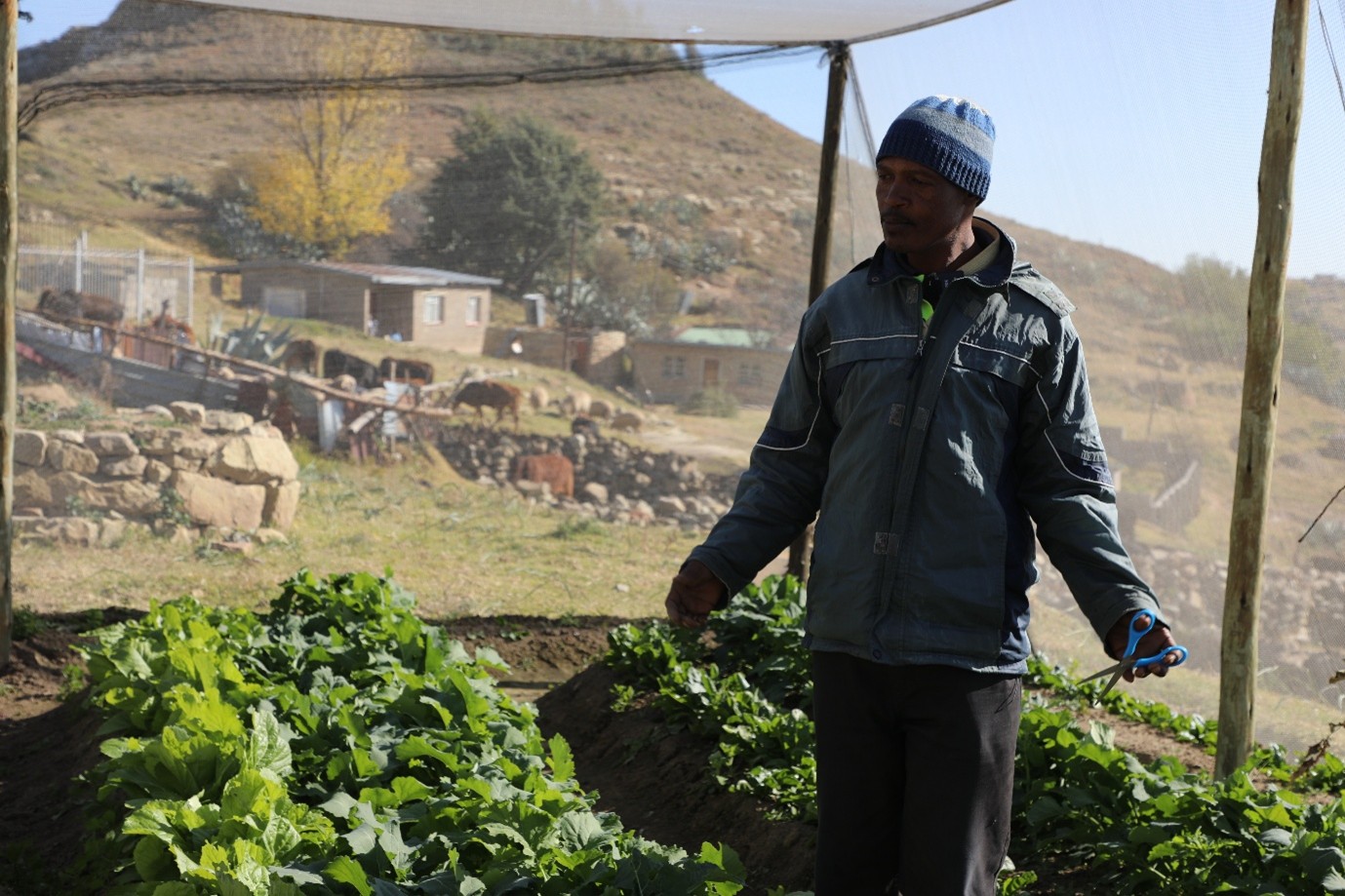
When the El Niño-induced drought swept across Lesotho, devastating crops and drying rivers, Ha Seeiso was spared the worst of it. The families, equipped with knowledge and protected shade nets, stood resilient. “The fields dried up but under the shade nets, life continued. We survived. Others were hungry, but we had preserved food and strong crops.”
Neighbour and fellow S4T member, Teboho Lebeha, says, “Providing for my family again gave me back my dignity. I feel proud as a father and a husband.” Though water remains a challenge in Matelile, the green that now peeks through the shade nets tells a story of transformation. It is a story of dignity restored, of children back in school, of businesses growing, and of a community standing tall together.
“Providing for my family again gave me back my dignity. I feel proud as a father and a husband.” - Teboho
Sustained for Life
As World Vision prepares to phase out of Matelile in 2026, the legacy remains. These families are no longer dependent; they are empowered. The tools, knowledge, and structures remain with the community. ‘Mammikia smiles as she reflects: “I used to believe poverty was our fate. But now I know that when people are empowered, they can rise above anything. Thanks to World Vision, we have become strong. We lack nothing.”
This is Livelihoods and Resilience in action. This is life in all its fullness.